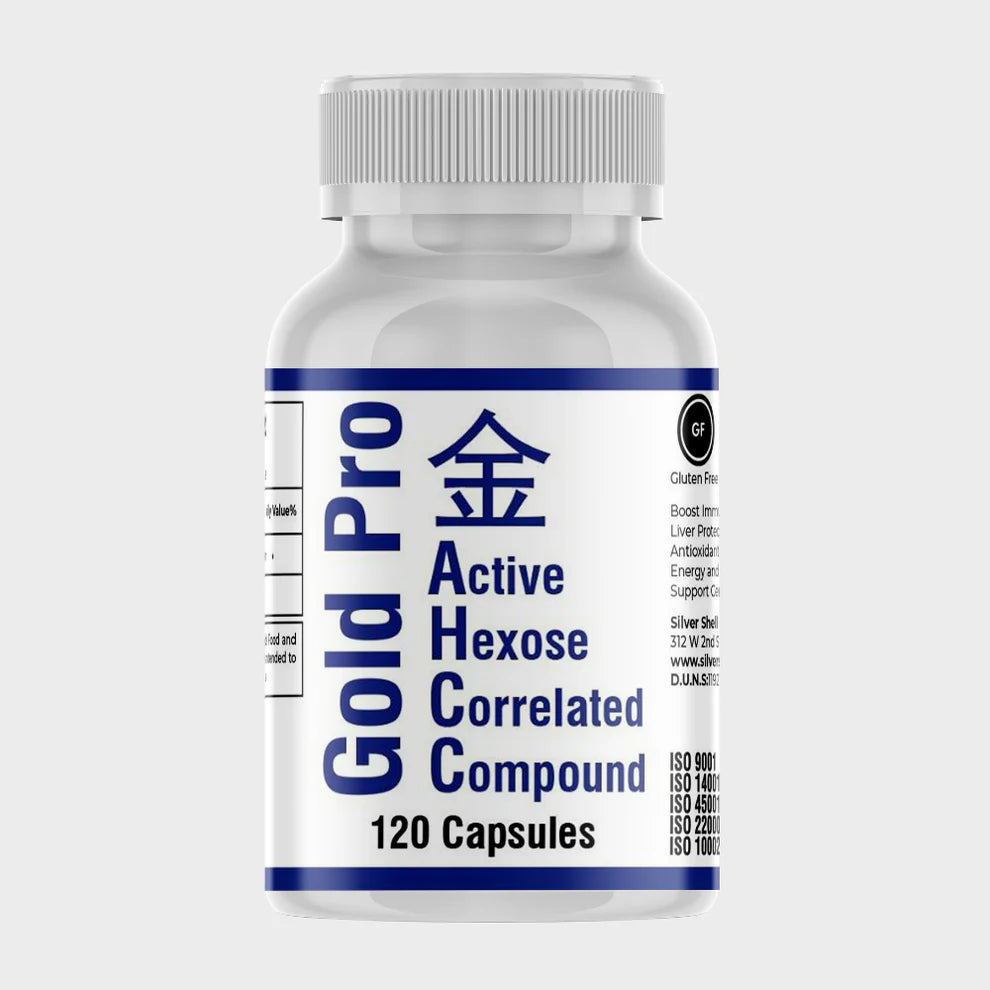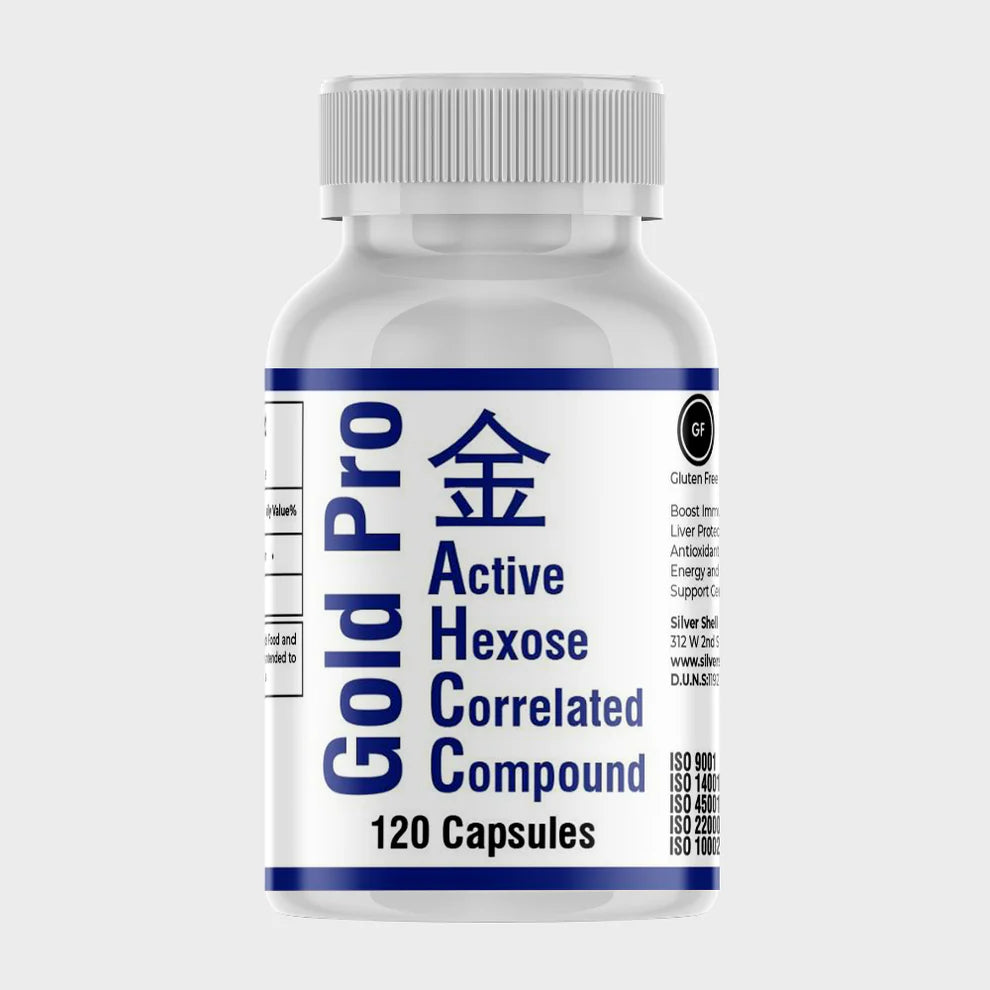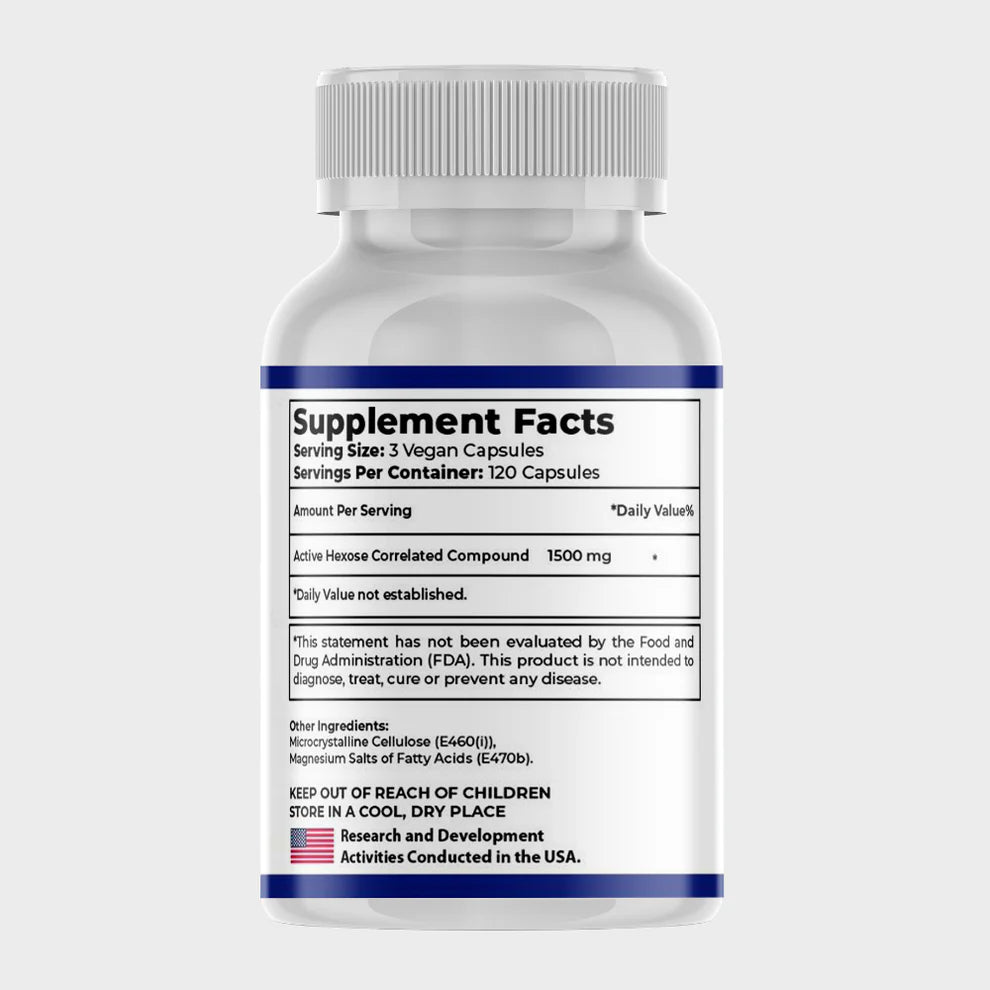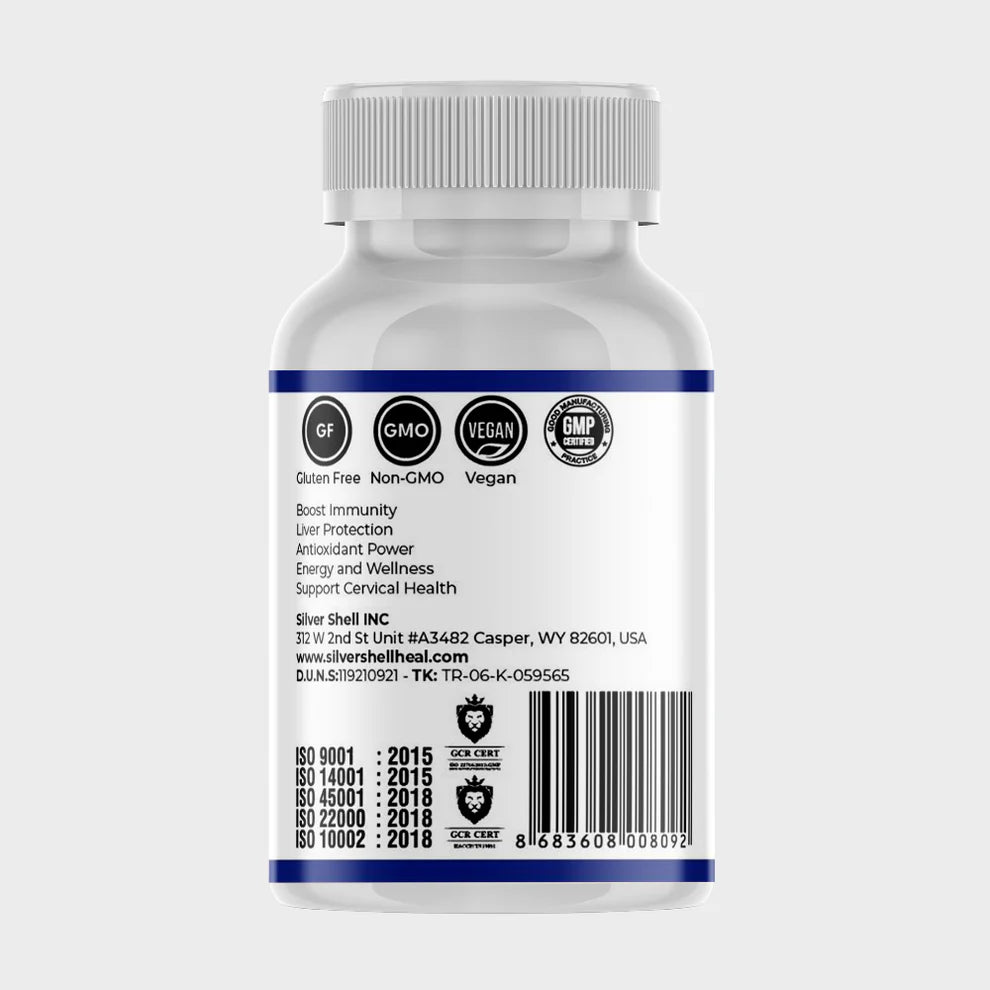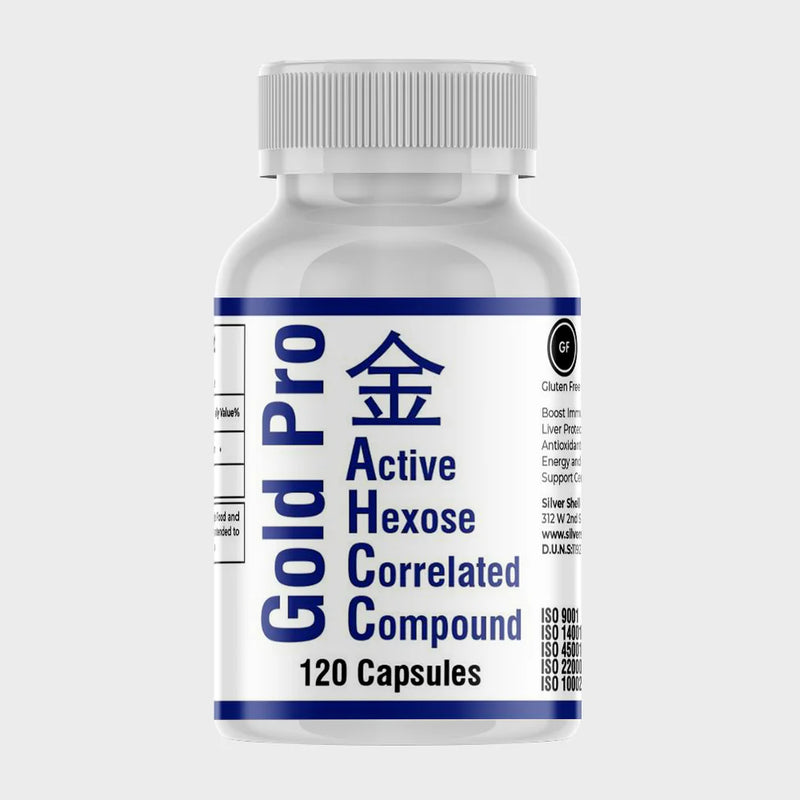What is HPV, and How is it Spread?
Human Papillomavirus (HPV) is a prevalent group of viruses that affect both males and females. It is primarily transmitted through intimate skin-to-skin contact, with sexual activity being the most common transmission mode. With over 100 strains, HPV manifests in various ways, ranging from benign warts to potentially life-threatening conditions. The virus enters the body through tiny cuts, abrasions, or mucous membranes in the genital area, mouth, or throat. While some HPV infections are harmless and clear up independently, others can lead to serious health complications. This article delves into why HPV is dangerous and its association with cancers.
Why is HPV Dangerous?
HPV's danger lies in its often inconspicuous nature and its potential to cause severe health problems. Many people infected with HPV are asymptomatic, allowing the virus to infiltrate the body's cells silently. Certain strains of HPV, known as high-risk types, are capable of causing cellular changes that can lead to the development of cancer. This capacity to silently progress underscores the importance of raising awareness about HPV and taking proactive measures to prevent its potential hazards.
Cancers Related to HPV
HPV's link to cancer is a substantial public health concern. The most well-known and significant association is between HPV and cervical cancer. Persistent infection with high-risk HPV strains can lead to changes in cervical cells, which may progress to cervical cancer if left untreated. Regular screenings, such as Pap smears and HPV tests, are crucial for early detection and intervention.
Beyond cervical cancer, HPV is also linked to various other types of cancer:
-
Anal Cancer: HPV infection, particularly in men who have sex with men, increases the risk of developing anal cancer. Regular screenings and safe sexual practices are essential for prevention.
-
Penile Cancer: HPV infection is a risk factor for penile cancer. This cancer affects the penis and can be detected through routine self-examinations and medical check-ups.
-
Vulvar and Vaginal Cancer: In women, persistent HPV infection can lead to changes in the vulvar and vaginal tissues, potentially resulting in cancer. Regular gynecological examinations are vital for early detection.
-
Oropharyngeal Cancer: This type of cancer affects the back of the throat, the base of the tongue, and the tonsils. HPV-related oropharyngeal cancer is on the rise, particularly among younger individuals. Symptoms can include persistent sore throat or difficulty swallowing.
-
Anal Genital Warts: While not cancerous, genital warts caused by certain HPV strains can be uncomfortable and emotionally distressing.
It's crucial to note that while HPV is a significant risk factor for these cancers, other factors such as tobacco and alcohol use and a compromised immune system can further increase the risk. Education, regular screenings, safe sexual practices, and HPV vaccination are crucial to minimizing the potential dangers of these cancers.
HPV Treatment Options
While there is no direct cure for HPV, various treatment options aim to manage its effects and associated health conditions. These treatments vary based on the specific issue caused by the virus:
-
HPV Vaccines: Vaccines like Gardasil and Cervarix are designed to prevent infection with certain high-risk HPV strains that can cause cancers. They are most effective when administered before exposure to the virus.
-
Surgical Procedures: For precancerous growths caused by HPV, procedures like cryotherapy (freezing), laser therapy, or loop electrosurgical excision (LEEP) can be performed to remove abnormal tissue.
-
Medications: Antiviral medications can be prescribed to treat visible warts caused by HPV or to manage the effects of HPV-related cancers.
-
Regular Monitoring: Individuals with persistent HPV infections or precancerous changes often require regular monitoring and follow-up with healthcare professionals to detect and address any developing issues.
-
Immune System Support: Boosting the immune system through a healthy lifestyle, proper nutrition, and stress management can aid the body in effectively fighting off the virus and preventing its progression.
AHCC and HPV, Dr. Judith Smith's Research
In recent years, researchers have been exploring potential complementary approaches to HPV management. One notable example is the work of Dr. Judith Smith, a respected researcher in the field. Dr. Smith's research has focused on investigating the role of Active Hexose Correlated Compound (AHCC), a natural compound derived from certain mushrooms, in enhancing the immune system's response to HPV.
AHCC works by stimulating the immune system's activity, potentially helping the body fight off the virus more effectively. Dr. Smith's research has shown promising results in laboratory studies and animal models, suggesting that AHCC inhibits the progression of HPV-related infections and prevents the development of associated cancers.
In conclusion, the dangers posed by HPV underscore the urgency of taking proactive measures to protect your health. Understanding the modes of transmission, the risks of various cancers, and the available preventive options is essential for informed decision-making. With HPV vaccines at your disposal and ongoing research, including the promising exploration of AHCC by Dr. Judith Smith, there are avenues to empower yourself against HPV's potential hazards. By taking action now, you can regain control of your life and minimize the impact of HPV on your well-being. Don't let HPV control your life – take charge and prioritize your health today.


